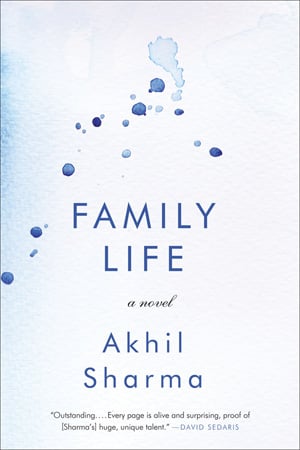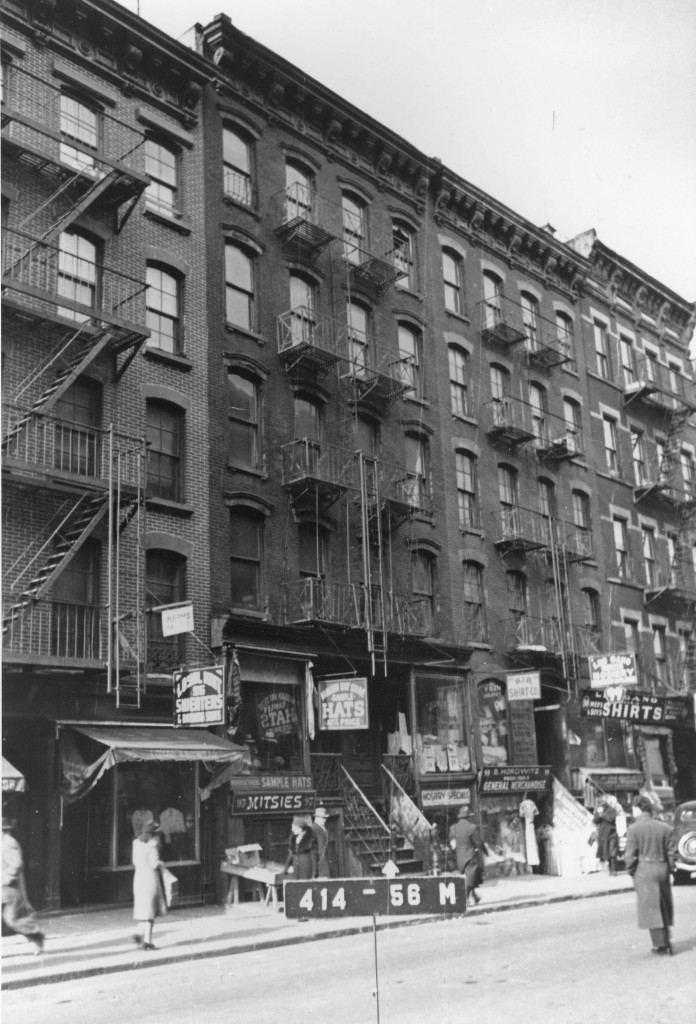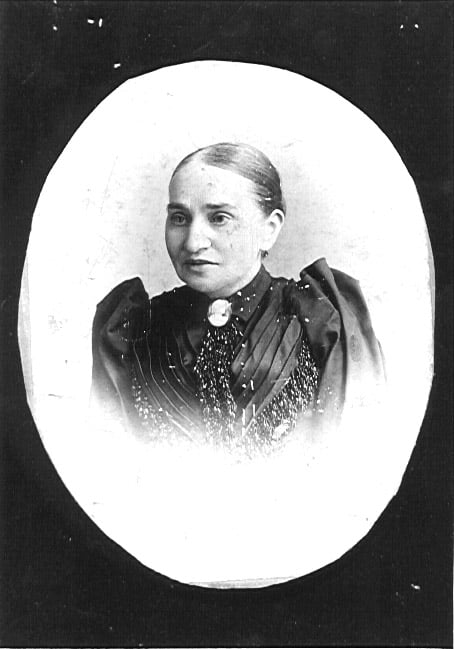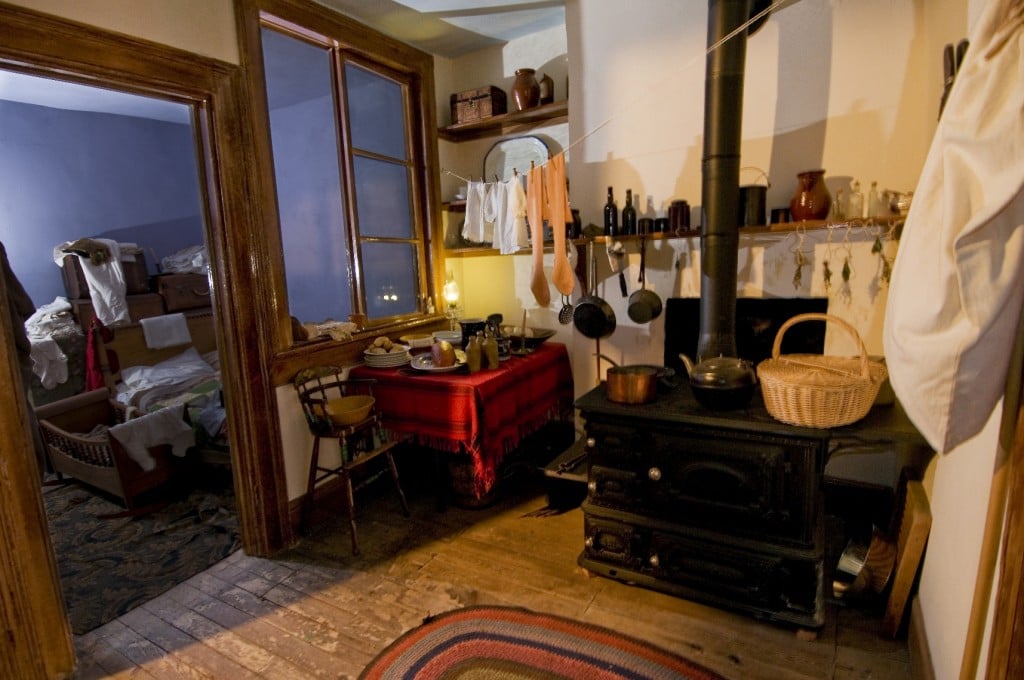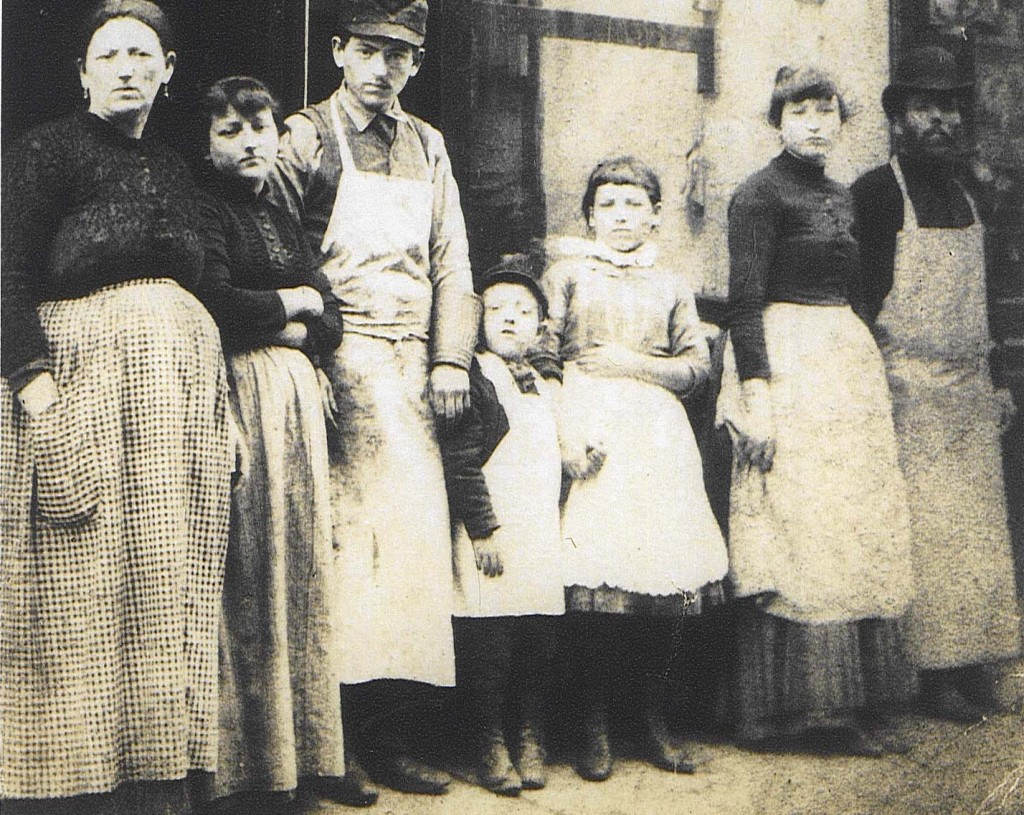Blog Archive
Family Life Support
The novel Family Life by Akhil Sharma, which will be the focus of our Tenement Talk May 7th at 6:30, the Mishras, a family from India, lives in Queens and is well on their way to the American Dream; or, at least, to making sure that their eldest son achieves that dream for them. But when they must deal with an unforeseeable accident, the tragic consequences send the whole family into despair and desperation, and the younger son must learn to take up a role that was never once thought of for him.
With up to a dozen family members living in one 325 square foot apartment, one doesn’t need to try hard to imagine the familial squabbles and broken dreams that could occur in the tenements of 97 Orchard Street.
Often, the residents of 97 Orchard had to fill more than one family role – for example, older daughters could act as mother to younger children, and sons would have to make money to support the family, which the father would traditionally do. While the family structure was deeply important to Lower East Side residents of the 19th and early 20th century (and remains so today), necessity often required that when that structure broke down in one way or another, that someone step in and take over – no matter their age or gender.
When Nathalie and Julius Gumpertz moved into 97 Orchard Street in the 1870’s, they were a fairly nuclear family – Julius worked as a shoe-maker and then a small-time merchant, and Nathalie stayed home, perhaps taking in a few pieces of sewing for supplementary income, and took care of the children. However, when Julius left for work one morning and never came back, Nathalie and her children were left at the mercy of their neighbors – no public assistance as we know it today existed yet.
After Nathalie’s son died, she was forced to take over the role of economic provider for the family. Nathalie became a full-time dressmaker, working from home, and probably charged around ten dollars for a new dress or five to update an old one. Slowly but surely, Nathalie earned enough money to move her family out of the Lower East Side and uptown to Yorkville, a more suburban community on the Upper East Side.
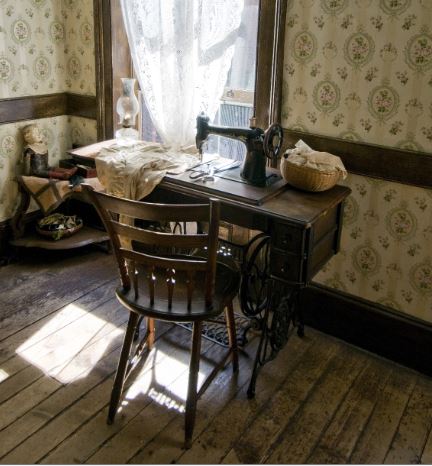
The sewing machine in the Museum's Gumpertz apartment, where Nathalie would have worked as a dressmaker to support her family.
Of course, men were not immune to role-switching either. Irish immigrants Joseph and Bridget Moore moved into 97 Orchard in the 1860’s – a step up from their previous home in the dangerous and dirty Five Points – and lived with their 3 daughters. The family, who lost a daughter to malnutrition while living in 97 Orchard, moved to another tenement building on Elizabeth street, where Bridget gave birth to five more children. Bridget died of heart failure, possibly from multiple difficult births, at age 36, which left her husband Joseph to take over the maternal roles for his children.
We can imagine Joseph, who worked as a bartender and waiter, reading to his daughters, soothing their scrapes and bruises, cooking them dinner, and cleaning the house until they could take care of themselves. Each of the children also had a job to support the family.
It wasn’t just the adults taking over these hard roles; childhood as we think of it today was a luxury in the 19th and early 20th century. Children, even some toddlers, were sent out of the home to work, or worked in the family business. All of the Lustgarden children worked for their parents butcher shop in the basement of 97 Orchard Street, including five year old William, who is shown in a late 1880’s family photograph dressed in a butcher’s apron. A boy as young as William would probably make deliveries and help carry objects for his parents, in order to help run the business.
And yet, despite the setbacks felt by the Gumpertzs, the Moores, the Lustgardens, and the Mishras, immigrant families, as with all families, depend on one another and care for one another in ways that can never be broken.
The Family Life Tenement Talk will be Wednesday May 7th, at 6:30 PM. For more information or to reserve a seat, click here.
– Posted by Lib Tietjen
